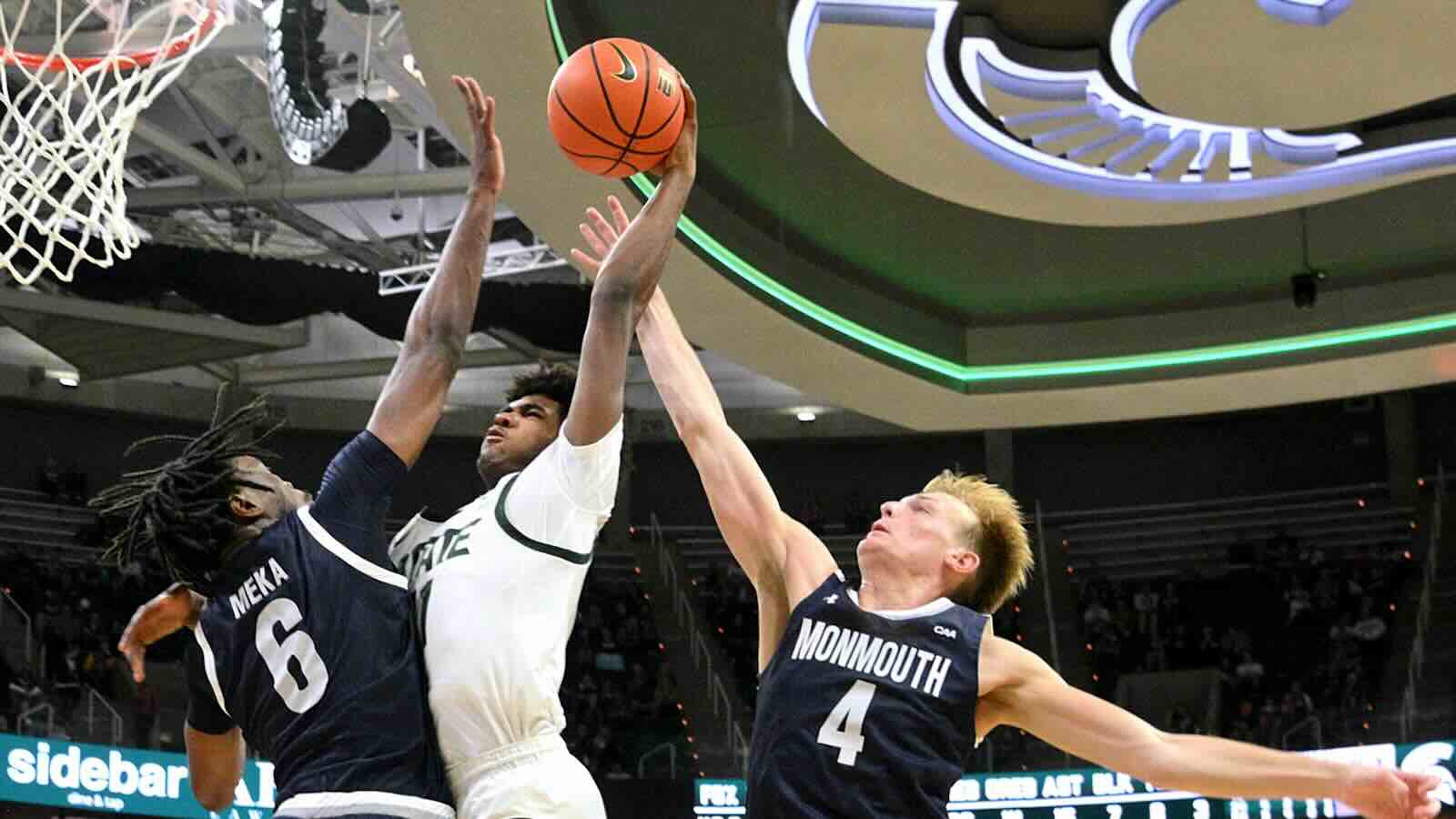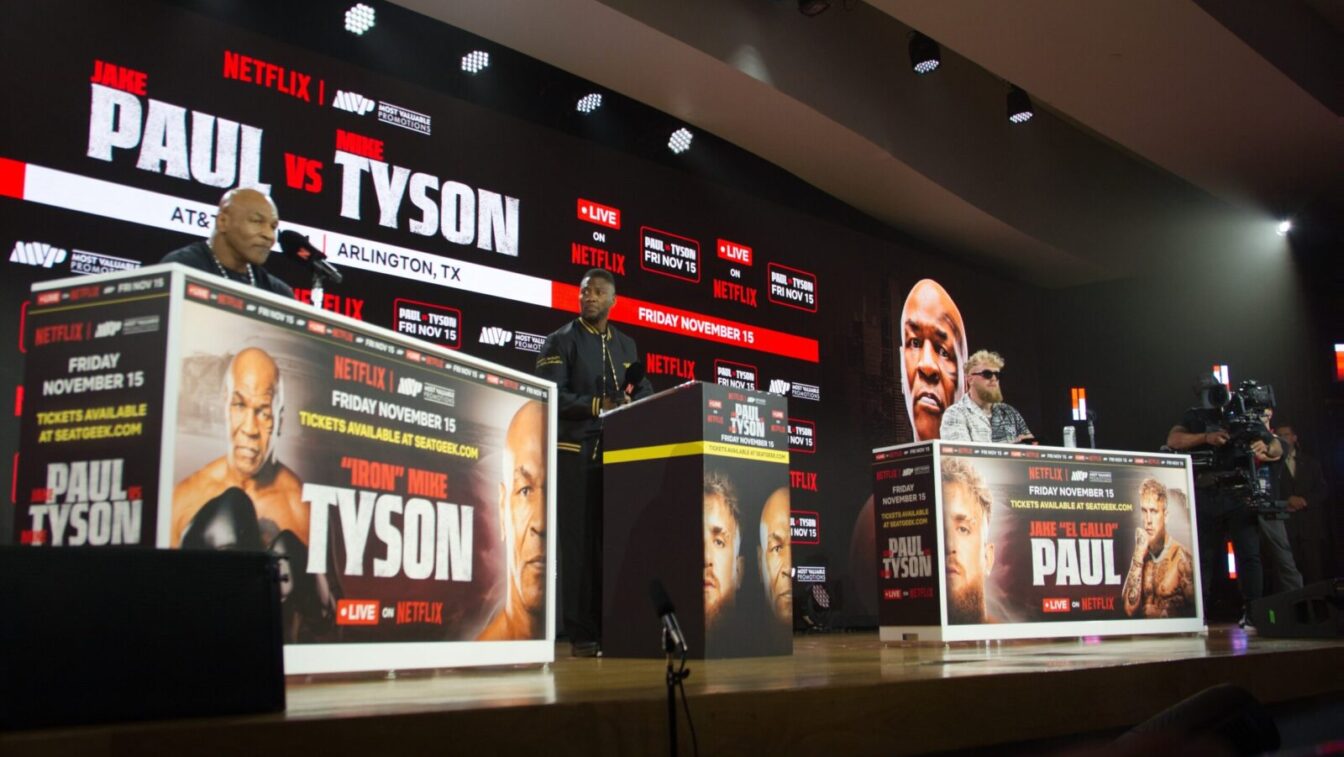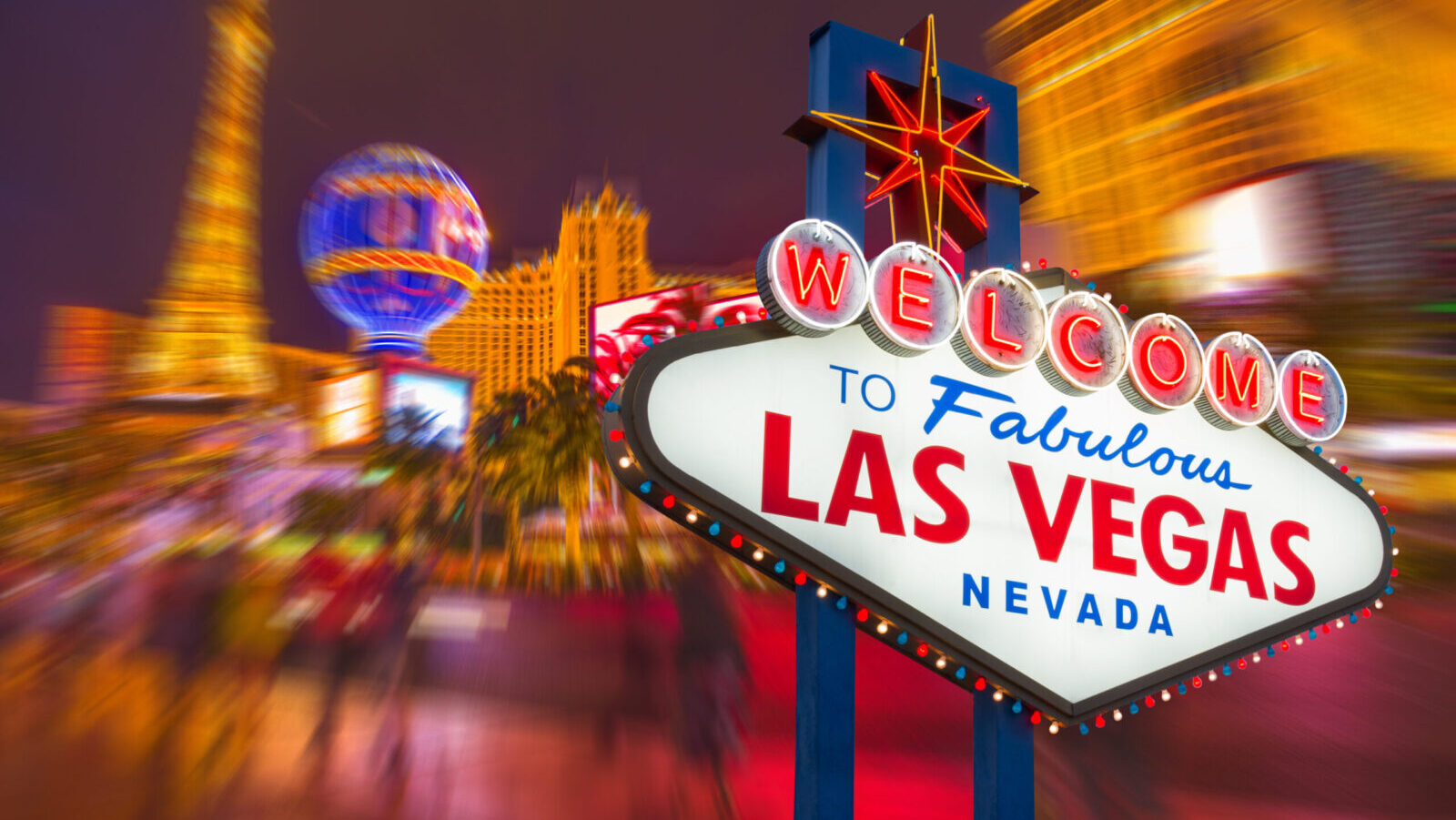New Jersey Assembly Moves Ball On Possibly Banning Prop Bets On College Athletes
The Assembly Tourism, Gaming and the Arts committee has referred the bill favorably
2 min

Of the 38 states that offer legal, regulated sports betting (with Missouri only weeks away from becoming the 39th), 14 of them entering 2024 did not allow proposition betting on individual college athlete performances.
Lawmakers in Ohio, Maryland, Vermont, and Louisiana joined that movement this year, resulting in nearly a 50/50 split among the states on the issue of player prop betting involving collegiate athletes.
On Thursday, a New Jersey Assembly committee in Trenton heard testimony on whether the state should join the movement, and it unanimously advanced the bill.
And as NCAA assistant director of government relations Austin Meo testified, “New Jersey is a leader in sports betting policy” in all sorts of legal gambling expansion issues – including winning the landmark sports betting lawsuit at the U.S. Supreme Court in May 2018.
Therefore, a New Jersey ban on such wagers could lead even more states enacting such a ban, he suggested. For its part, the NCAA has advocated for a nationwide ban on player prop betting for college athletes.
Anecdotes and good intentions
During his testimony, Meo referenced anecdotes about an athlete being harassed for not getting enough rebounds to win a gambler’s wager — even though his team won the game — and a star quarterback breaking down in tears after a flurry of Instagram messages from disgruntled bettors. An Auburn football player, he said, was told by a bettor that he should send a payment via Venmo to make up for the bettor’s wagering loss.
“Athletes eat in the same dining halls and live the same dormitories as other students, so there is more access to them compared to professional athletes,” Meo said, adding that betting markets could be manipulated by unsavory characters who gain access to “inside information” such as an individual player’s health.
Major national sportsbooks, Meo pointed out, voluntarily agreed just last month to ban player props on wagers of fringe NBA players, who play part of the season in a developmental league after such a player was found to have engaged in improper activity. Meanwhile, Meo said that one of every three college athletes report having faced some sort of gambling-related harassment.
State Sen. Kristin Corrado, in written testimony read into the record to the Assembly committee, said that “when done properly, wagering can add excitement and be a fun way to enhance a fan’s experience.”
But Corrado added that many young athletes have received very hostile feedback on social media, with one notice saying that “You deserve to get un-alived for blowing my bet” and another being told “I hope your dog gets cancer.”
Corrado introduced a similar bill in the state Senate in April, though it has not yet moved forward.
But New Jersey-based gaming industry lobbyist Bill Pascrell III said that the bills, while well-intentioned, would not solve the problem.
“Sometimes the road to hell is paved with good intentions,” Pascrell said. “Whenever you ban any sort of bet, what you are doing is pushing the ‘punter’ – the bettor – to the black market. And the black market is exploding, because state regulators don’t have the long arm of the law to reach them.”
Pascrell added that only two to four percent of all sports betting wagers are placed on college athletes prop bets, and that there is no proof that college athletes are more vulnerable to harassment because sportsbooks are offering prop betting lines.
Another sports betting-related issue that has been discussed this year in New Jersey is state Sen. Jack McKeon’s proposal introduced in April to double the online betting revenue tax rate (and the online casino gaming rate) to 30 percent.
But that bill never has gotten a committee hearing, and has gained only one co-sponsor in the ensuing months.






